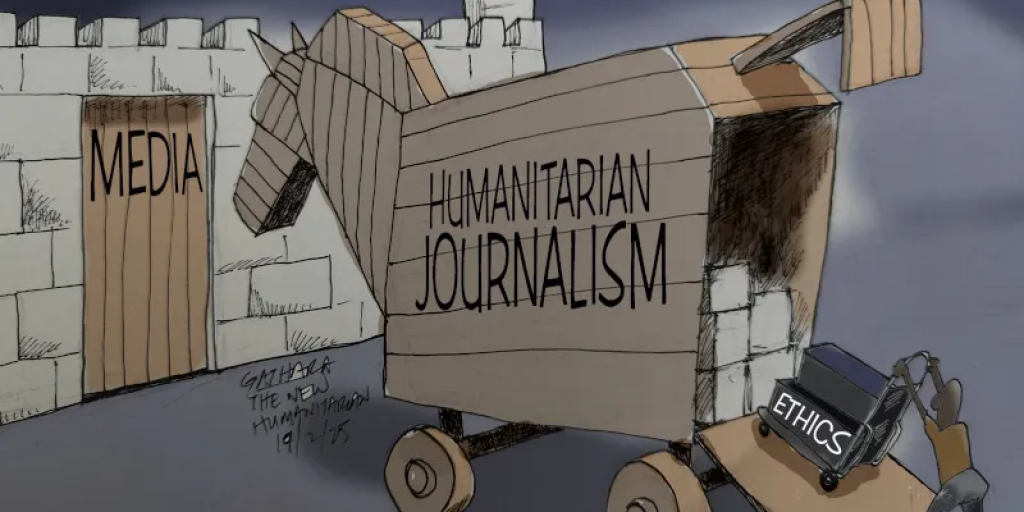Sweeping reforms on regulation coming, says the Press Council
Sweeping reforms on press regulations will be announced at Constitution Hill on Wednesday 3rd October. This follows on years of deliberations, heated public debate and introspection, plus a threat from the ruling party to investigate the desirability of creating a statutory Media Appeals Tribunal.
Raymond Louw, the chairperson of the Press Council of South Africa, says the changes will include greater public representation on the Council and deal more publicly with press issues, but will not intrude on the essential work a free media must do.
‘Although we have moved away from complete self-regulation, the essence of media freedom as it is enshrined in the Constitution, remains,’ says Louw.
The Press Council set up a task team in August 2010 to review press regulation in South Africa and to report back with recommendations. Its brief was to review the Press Code, the constitution of the Press Council and the complaints procedures; to review the running of the current system; to review best practice around the world and to invite suggestions from the public and other stakeholders.
As a guide to its broad review, it was given three criteria: will the proposals lead to an improvement in the quality of journalism in South Africa; will it make the system more effective and is it practical?
This process attracted wide media coverage as well as public participation.
Just after the appointment of the task team, the ANC softened its stance, asking Parliament to investigate all forms of press regulation to help it decide which would be best for South Africa.
The industry bodies making up the Press Council reviewed the task team’s report and it was decided to pass it on to the Press Freedom Commission (PFC), an initiative of the Print and Digital Media Association (representing media owners) and the South African National Editors Forum (Sanef, representing the editors).
This was an important step as it created an independent body to review and make recommendations based partly on the task team’s report but also on public submissions.
The PFC was inaugurated in July 2011 and given till March this year to submit its report. It was chaired by former Chief Justice Pius Langa and nine people selected from outside the media community.
The Commission had to ensure press freedom in support of enhancing democracy which is founded on human dignity, the achievement of equality and the advancement of human rights and freedoms as well researching the regulation of the print media. Self-regulation, co-regulation, independent regulation and state regulation were examined.
The announcement tomorrow is based on the findings and recommendations of the PFC. Says Press Ombudsman Joe Thloloe, ‘We believe these changes will lead to better journalism in the country’.
‘The changes are aimed at supporting the guarantees of freedom of expression and of the media in the constitution whilst improving the means by which media misdemeanour and professional and ethical lapses are handled.’




